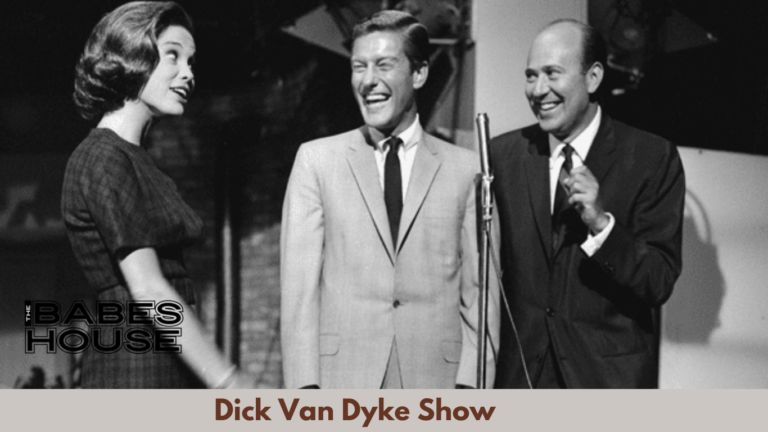Dick Van Dyke, born on December 13, 1925, in West Plains, Missouri, is an American actor and comedian known for his affable charm, comedic timing, and loose-limbed physical comedy. These traits have contributed to the enduring popularity of the television show “The Dick Van Dyke Show” (1961–66).
How Did Van Dyke’s Early Life Shape His Career?
Van Dyke grew up in Danville, Illinois, where he was introduced to theatre in high school. During World War II, he served in the U.S. Army Air Forces, working as a radio announcer and performing in service shows. After his discharge in 1946, he opened an advertising agency in Danville. However, after that venture failed a year later, he began his career in show business.
What Was Van Dyke’s First Foray into Entertainment?
From 1947 to 1953, Van Dyke and a partner performed in nightclubs with a comedy pantomime act, billed as the Merry Mutes. Throughout the 1950s, he appeared on various television game and variety shows, often as a host. He made his Broadway debut in 1959 in the short-lived musical revue “The Girls Against the Boys.”
What Was Van Dyke’s Breakthrough Role?
Van Dyke’s breakthrough came when he was cast as Albert Peterson in the original musical “Bye Bye Birdie” (1960–61). The show was a hit, winning four Tony Awards, including Best Musical. Van Dyke won the Tony for Best Featured Actor in a Musical and later reprised the role for the 1963 film version.
How Did “The Dick Van Dyke Show” Impact His Career?
Van Dyke’s success with “Bye Bye Birdie” led to his being cast as comedy writer Rob Petrie in “The Dick Van Dyke Show,” created by Carl Reiner. The show received 15 Emmy Awards, with Van Dyke winning three (1964–66). The character of Rob Petrie is perhaps the role most associated with Van Dyke, and the show remains popular in syndication.
What Are Van Dyke’s Notable Film Roles?
During the run of “The Dick Van Dyke Show,” Van Dyke developed a film career, notably in the dual role of street merchant Bert and bank manager Mr. Dawes Senior in “Mary Poppins” (1964). The soundtrack earned him a Grammy Award. He won praise for his performance as Caractacus Potts in “Chitty Chitty Bang Bang” (1968) and appeared in other comedies such as “What a Way to Go!” (1964) and “Divorce American Style” (1967).
How Did Van Dyke Continue His Television Career?
Van Dyke returned to television, playing a talk-show host in the family sitcom “The New Dick Van Dyke Show” (1971–74). He was nominated for an Emmy for his portrayal of an alcoholic in the TV movie “The Morning After” (1974). In 1977, he was a regular performer on “The Carol Burnett Show” and hosted the variety show “Van Dyke and Company” (1976), which won an Emmy for Outstanding Comedy-Variety or Music Series.
What Was Van Dyke’s Later Television Work?
In the next decade, Van Dyke appeared in TV movies and guest roles in various series. In 1988, he co-starred with his son Barry Van Dyke in “The Van Dyke Show,” which was canceled after a few episodes. In 1990, he appeared in Warren Beatty’s film “Dick Tracy.” A guest role as Dr. Mark Sloane in the crime series “Jake and the Fatman” led to the TV movies and the popular drama series “Diagnosis Murder” (1993–2001), where he again shared the lead with his son.
What Are Van Dyke’s Recent Film Appearances?
Van Dyke’s later film credits include “Night at the Museum” (2006) and “Night at the Museum: Secret of the Tomb” (2014). He made an appearance in “Mary Poppins Returns” (2018), cast as Mr. Dawes Junior, a descendant of Mr. Dawes Senior from the original musical.
What Honors Has Van Dyke Received?
Van Dyke was inducted into the Television Academy Hall of Fame in 1995. In 2021, he received a Kennedy Center Honor, recognizing his contributions to American culture through performing arts.
What is Van Dyke’s Legacy?
Dick Van Dyke’s career spans over seven decades, showcasing his versatility and talent in both television and film. His affable charm and comedic timing have left an indelible mark on the entertainment industry. Despite his age, Van Dyke remains active, continuing to inspire and entertain new generations.

